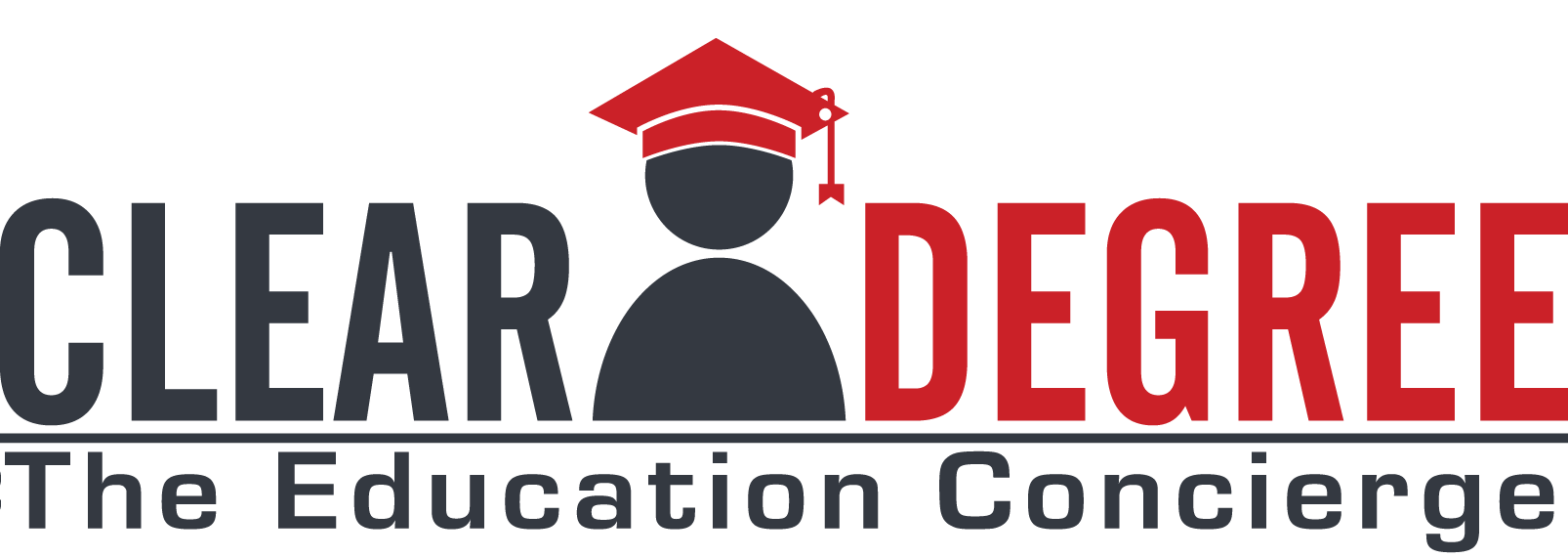New Year’s Education Resolutions that Stick

Over the nearly 25+ years that I’ve been involved in training and higher education, there has been a recurring trend in every single one. Every January lots of people include education as a New Year’s Resolution, and adult inquiries into college degrees spike with the New Year.
I often imagine people sitting around over the holidays hearing how their friends and families are doing (or get nagged yet again by parents) and decide to finally do something about finishing their degree or finally getting that MBA.
Losing 10 pounds, paying off debt or going back to school are all great goals for 2019. But in each case, you have to do it correctly in order for it to stick in the long term. In my experience, working adults who rush into enrolling in school in January typically have lower retention than other enrollment periods because a) they make a decision based on emotion rather than a plan and b) enrollment counselors seize on that eagerness and are all too happy to help get you started.
If you or one of your employees decide to go back to school as part of a 2019 resolution, it’s critical to take a measured, thoughtful approach to what is typically an expensive decision. Some questions to ask:
1. Are you choosing to enroll in the New Year because you want to get started, or because you finally want to finish a degree program? For a lot of people the idea of going back to school or the vision of the diploma gets them fired up, but it’s the time, effort and studying needed to accomplish the degree program that’s forgotten. If you’re looking to finish your degree, what’s changed since the last time you tried and are you in a position to adjust?
2. The degree is not as important as what you end up doing with it. Are you planning to get a degree to enhance your career, start a career or switch your career? That decision will have a big role in not only what degree you choose but also the best format, program and decision criteria. Degree enhancers need to think about expanding or enhancing their skillset. Career starters need to think about choosing the right skills for tomorrow, and along with career switchers need to consider the student support needed to help you learn a completely new skillset.
3. How are you paying for it? What is the ROI from that investment from you and/or your company? Have you done the math to see how long it will take to pay back your investment? For example, if you’re a teacher looking to get a Master’s degree (and the pay bump that comes with it), do you want to get a return on that investment in 3, 5, 10 years or more? Do the math first so you can choose wisely.
4. How can you lower your costs and time in school? Do you have transfer credits you can use and are their other ways to save money? CLEP, competency-based programs, company training, flexible pricing programs and other resources can stretch your dollar and lower the time in school at the same time.
5. Is your life and schedule ready for this decision? What will you replace in order to make time for school? Do you have a place to sit and focus on studying several times per week? If you’re going to school online do you have the tools necessary to succeed? If you’re attending a campus are you ready to manage travel, traffic and parking? Do you have the support of your family and your company to wedge getting a degree into your schedule?
6. Have you broadened your horizons when it comes to considering a degree program? There are many, many flavors of programs available, and there are degrees in areas that are right in your wheelhouse that you may have never even heard of. Is a Master’s in Consumer Science an alternative to an MBA? If you’re comfortable with technology, would applying your 75 credits in an unfinished health care management degree be more fruitful in a Health Care informatics program? There are more options than ever to get a degree, and with online degrees you have literally thousands of programs to choose from.
Lastly, are you ready to do all the research necessary to find the right degree at the right school at the right price?
It’s true that the sooner you start, the sooner you’ll finish. But it’s NOT true that “there’s no better time than the present”, at least not until you’re prepared. Otherwise you’ll make a very expensive mistake.
-Dale
